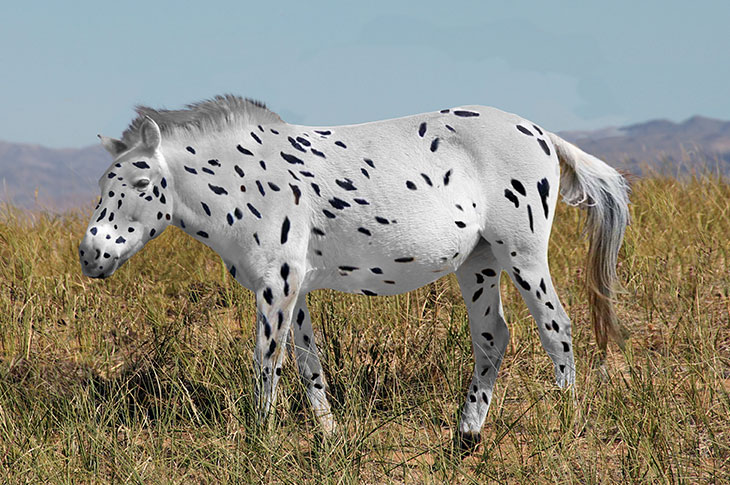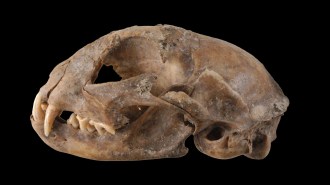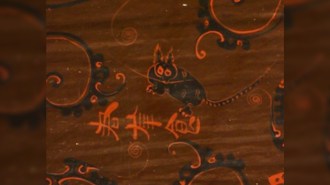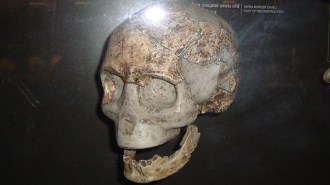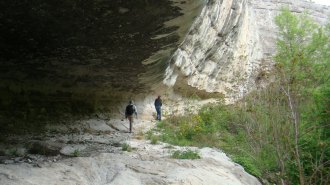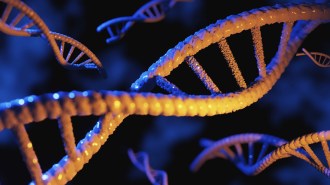The last wild horses aren’t truly wild
DNA study finds that Przewalski’s horses had a tame ancestor
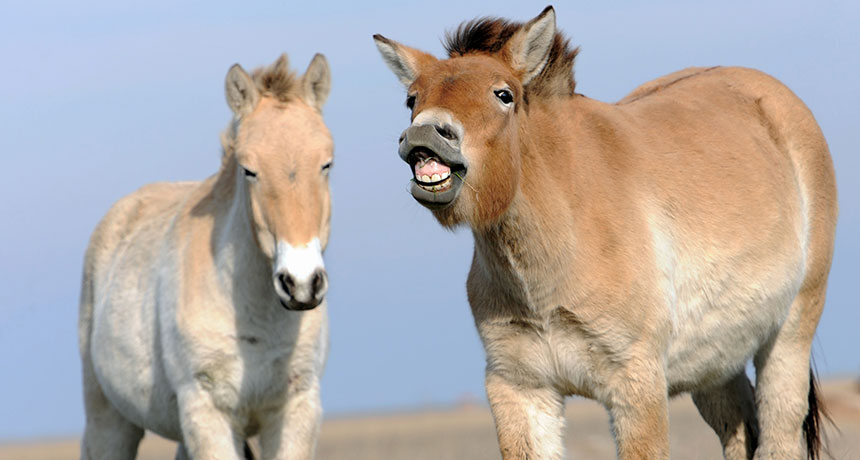
RETURN TO THE WILD The Przewalski’s horses of Central Asia, long thought to be the last always wild equine, are actually a feral population descended from horses tamed long ago, DNA reveals.
fotohalo/iStockphoto
